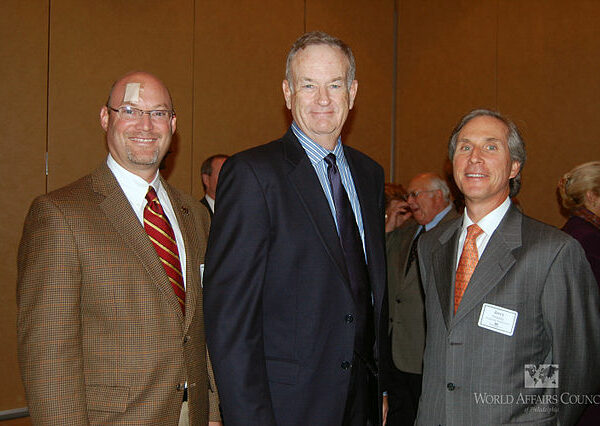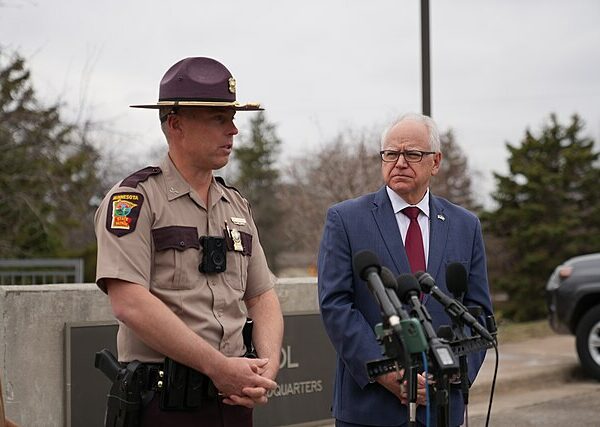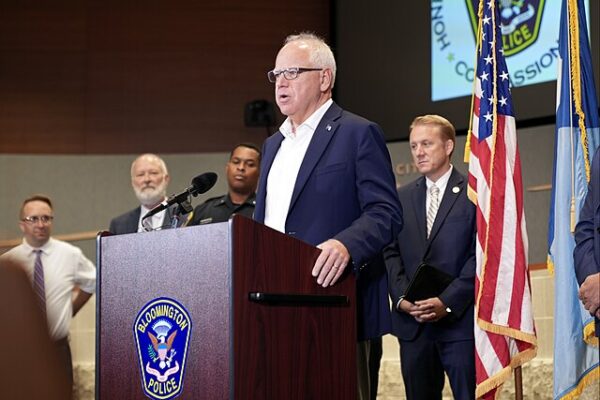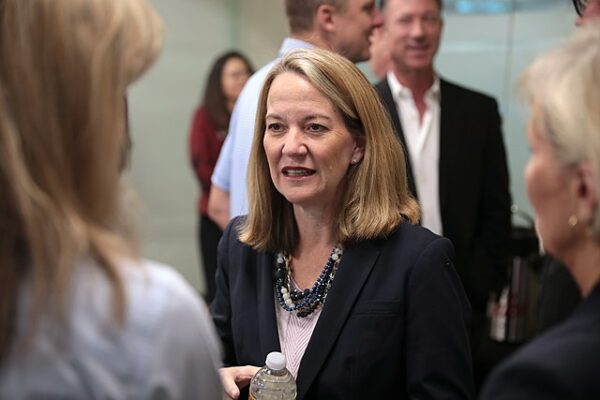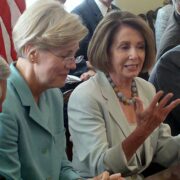
Bill Gates has spent decades warning the world about global warming. But in a new memo released Tuesday—on his 70th birthday—the Microsoft co-founder and billionaire philanthropist strikes a notably different tone, urging a turn from what he calls “excessive pessimism” toward a more measured focus on helping people adapt to a warming planet.
“Although climate change will have serious consequences—particularly for people in the poorest countries—it will not lead to humanity’s demise,” Gates wrote. “People will be able to live and thrive in most places on Earth for the foreseeable future.”
The statement marks a shift from the urgency of Gates’ 2021 book How to Avoid a Climate Disaster, in which he argued the world needed to reach net zero by mid-century to prevent catastrophe. Now, he warns that a “doomsday outlook” risks paralyzing progress and misallocating resources.
His comments echo a letter from climate scientists Matt Burgess in 2022 that “We shouldn’t overstate or understate our climate future. People need to think in terms of gradations, not absolutes. Yes, we need to be aware of the extremes, like climate solutions that get us to net zero before mid century, or on the flipside, global catastrophes. But it’s what’s in the middle that is more likely. And that deserves more research.”
The message from Gates did not go over well on MSNBC.
Civil war in the Climate Cult! @MichaelEMann attacks @BillGates for making a marginally less doomsday prognostication about "climate change":
"It’s very disappointing. And frankly, Bill Gates doesn’t have any expertise in climate science, and he’s failing to listen to what the… pic.twitter.com/c8AcoNvR1e
— Tom Elliott (@tomselliott) October 28, 2025
Critics were quick to respond, according to The New York Times. Princeton climate scientist Michael Oppenheimer said Gates risks reinforcing complacency. “Despite his efforts to make clear that he takes climate change seriously, his words are bound to be misused by those who would like nothing more than to destroy efforts to deal with climate change,” Oppenheimer said.
Others, however, have pointed out that the media and the left have been deliberately misleading the public and Gates is simply just admitting it rather than spending good money after bad.
For decades, top scientists said climate change threatened civilization. But the data never showed that. And now, the evidence is overwhelming that scientists and the media deliberately misled the public on fires, ice, food, floods, heat, islands, coral, sea level, & hurricanes. pic.twitter.com/CutEA7C6Yh
— Michael Shellenberger (@shellenberger) October 26, 2025
Climate change is an existential threat to civilization and humankind, according to top scientists, journalists, and policymakers. They say that planetary warming caused by human emissions is making forest fires, hurricanes, and floods more frequent, worse, and more widespread;… pic.twitter.com/PJa7brISlC
— Michael Shellenberger (@shellenberger) October 26, 2025
The memo arrives just days before the COP30 climate summit in Belém, Brazil—a stage Gates will skip this year. Instead, he’s signaling a recalibration of his philanthropy. After pouring billions into clean energy innovation through his Breakthrough Energy venture, Gates has recently shifted focus toward poverty relief and global health, citing cuts to U.S. foreign aid under the Trump administration.
Johannes Ackva of Founders Pledge, which advises donors on climate giving, said the shift reflects where Gates believes he can “be more effective.” Earlier this year, Breakthrough Energy quietly shut down its policy arm, and in May Gates announced plans to wind down his foundation over time.
Still, Gates’ climate portfolio remains formidable. His nuclear startup TerraPower just received federal approval for a next-generation reactor, and his Breakthrough Energy Catalyst and Ventures programs continue to fund clean energy innovation. Yet his latest memo questions the fixation on short-term emission targets and temperature benchmarks.
“The doomsday outlook is causing much of the climate community to focus too much on near-term emissions goals,” Gates wrote, warning that it is “diverting resources from the most effective things we should be doing to improve life in a warming world.”
David Callahan, editor of Inside Philanthropy, sees the memo as an effort to “move to the center” amid the political crossfire surrounding climate policy. “It’s much better to lean into the optimism than the pessimism,” he said, echoing research suggesting hopeful messaging motivates action more effectively than fear.
Absent from the memo are the “tipping points” Gates once warned of—melting ice sheets, dying coral reefs, and vanishing forests. But his underlying theme is clear: survival through adaptation and innovation. “We can’t give in to despair,” he wrote in closing. “The goal now is not to predict the end—but to prepare for the future.”
[Read More: Federal Union Begs Dems To Open Government]



